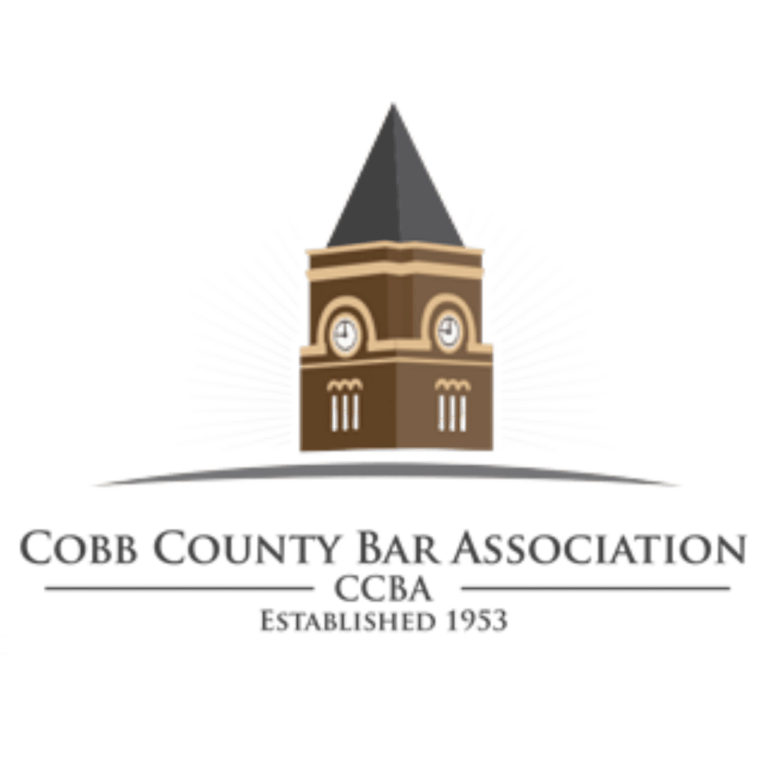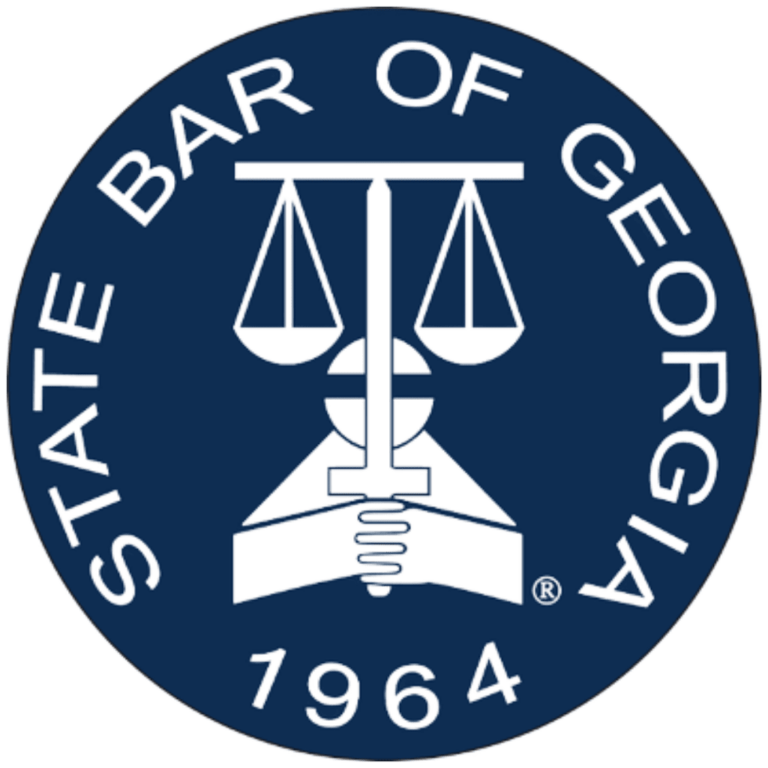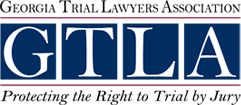According to the Centers for Disease Control (CDC), slip and fall can cause serious injuries. These incidents are the primary cause of traumatic brain injuries regardless of age. Tragically, for those 65 years and older, slip-and-fall accidents are the number one cause of death in the United States.
Slip and fall accidents can occur due to various factors, and two common causes are wet floors and uneven surfaces.
Wet Floors
Wet floors are a significant hazard that can lead to slip and fall accidents. Some common reasons for wet floors include:
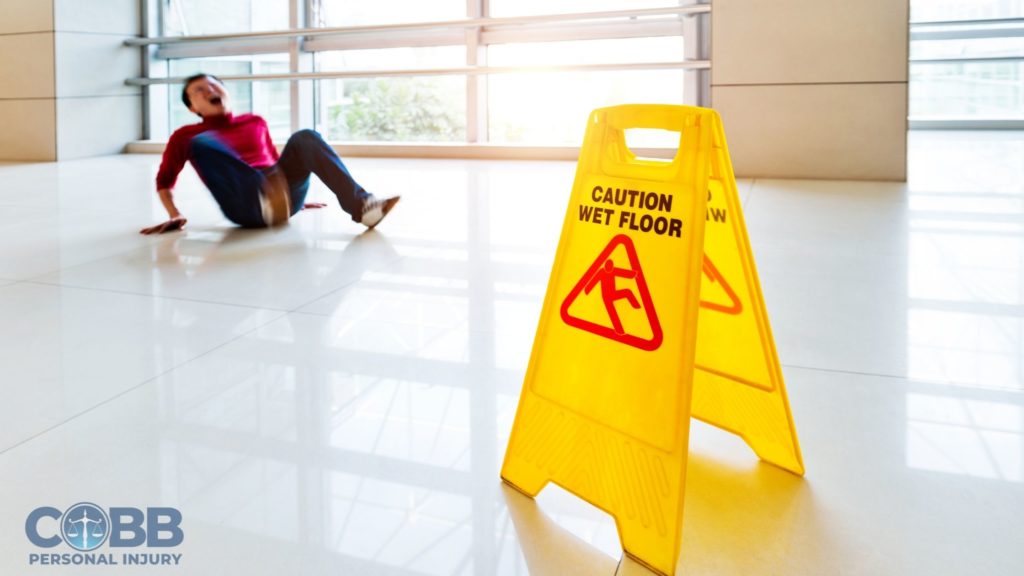
- Spills: Accidental spills of liquids such as water, oil, beverages, or cleaning solutions can make the floor slippery and dangerous.
- Leaks: Leaking pipes, faulty plumbing, or roof leaks can create wet areas on the floor, especially in buildings and facilities where water is used or circulated.
- Weather conditions: Rain, snow, or ice can track indoors, causing wet floors and increasing the risk of slipping.
- Inadequate cleaning or maintenance: Improper mopping techniques, insufficient drying time after cleaning, or ineffective drainage systems can leave floors wet and hazardous.
Uneven Surfaces
Uneven surfaces pose a significant risk for slips and falls. Some common causes of uneven surfaces include:
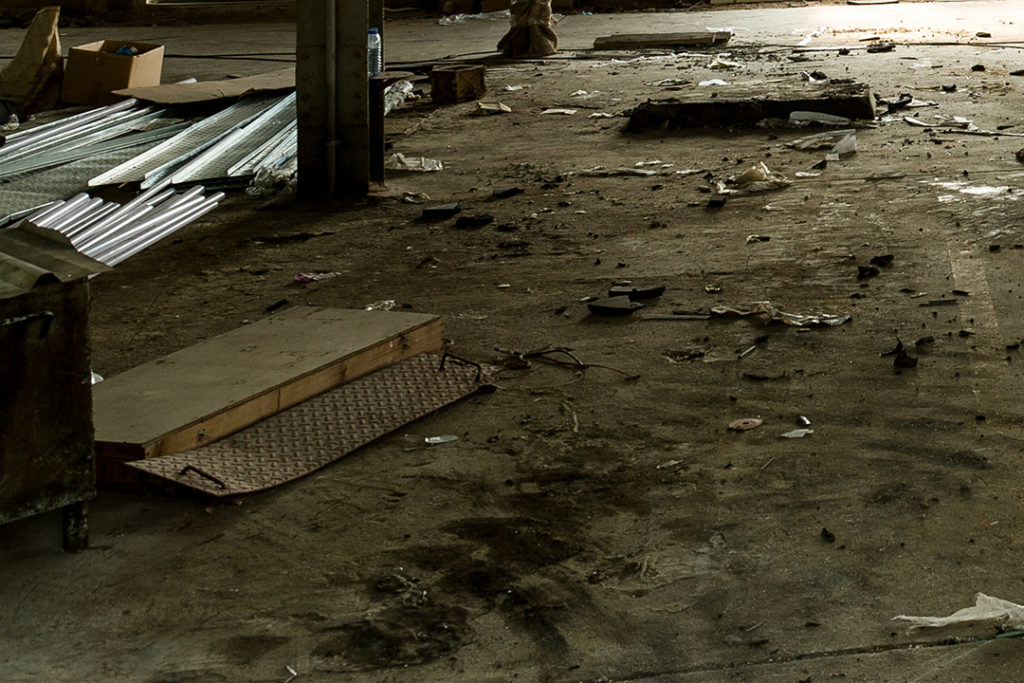
- Cracked or broken sidewalks or pavements: Uneven concrete or pavement surfaces, often caused by wear and tear, tree roots, or extreme weather conditions, can trip pedestrians.
- Damaged flooring: Loose or broken floor tiles, floorboards, or carpeting can create uneven walking surfaces, leading to falls.
- Uneven stairs or steps: Uneven riser heights or worn-out steps can cause missteps and falls, especially in poorly maintained or inadequately lit staircases.
- Construction or renovation sites: Construction zones or areas undergoing renovations may have temporary uneven surfaces, unsecured floorboards, or debris, increasing the risk of accidents.
Common Slip and Fall Injuries
- Cuts, abrasions, and bruises
- Ankles/Wrists Sprained
- Fractured Bones
- Broken Hips
- Head Injuries (concussions, traumatic brain injuries)
- Knee injuries (ligament tears, dislocations)
- Back injuries (herniated discs, fractures, spinal cord compression)
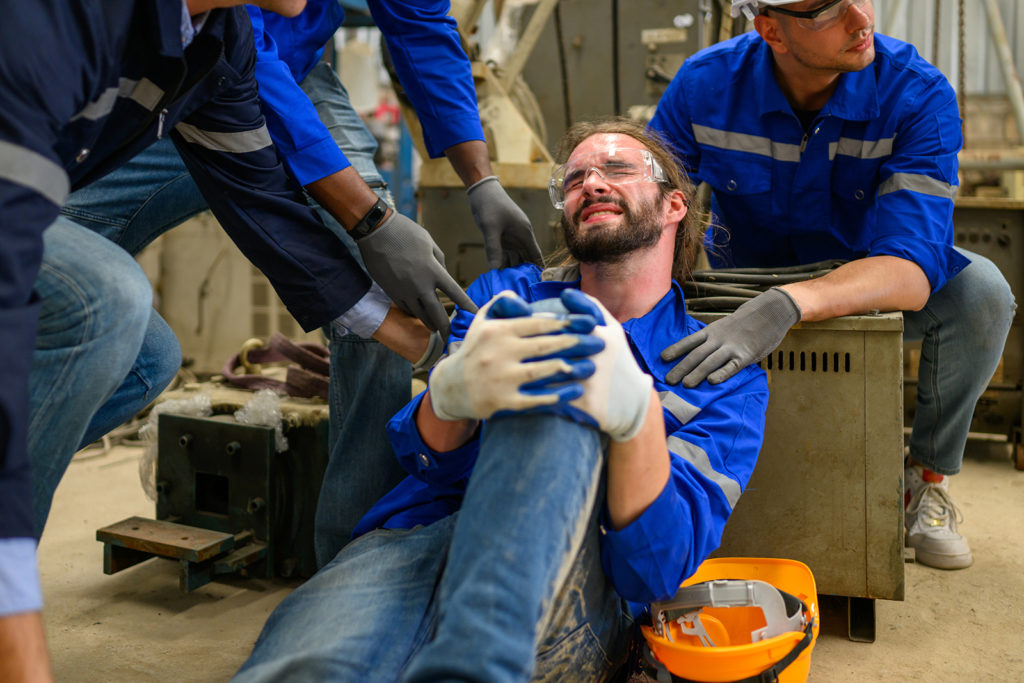
How To Prevent These Accidents?
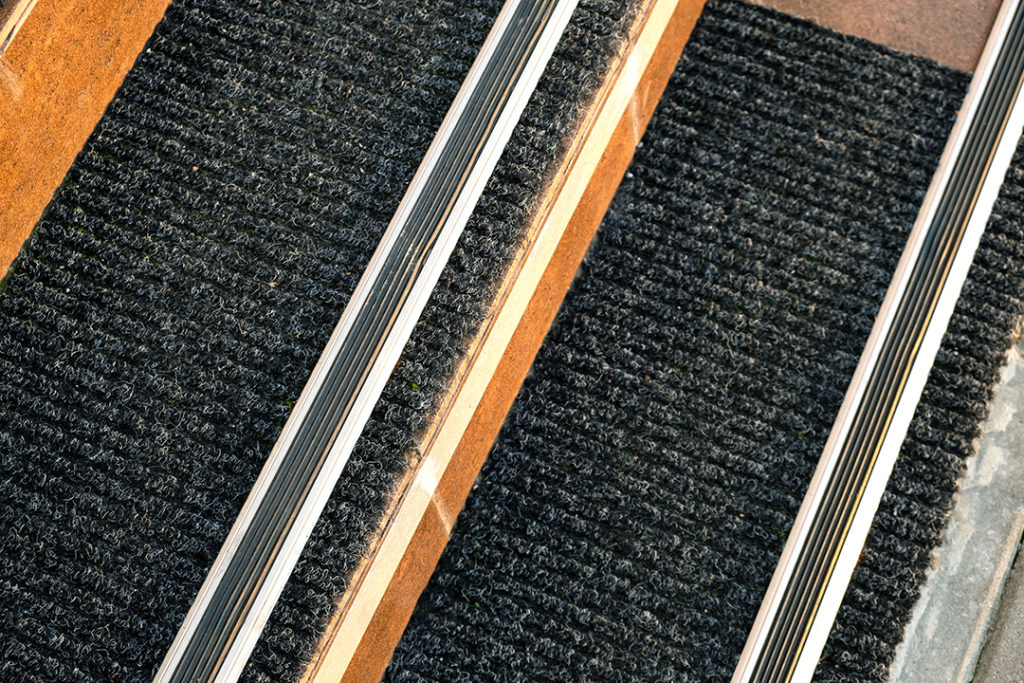
1. Installing Non-Slip Mats
- Place non-slip mats or rugs in areas prone to slips and falls, such as entryways, kitchens, and near sinks or bathtubs. These mats should have rubber backing or adhesive strips to prevent them from sliding on the floor.
- Ensure that the mats cover the entire surface and are properly secured to prevent them from curling or becoming a tripping hazard.
- Consider installing slip-resistant flooring in high-risk areas, such as bathrooms, kitchens, or areas where water or liquids are frequently present.
- Slip-resistant flooring surfaces are designed to increase traction and minimize slips and fall risk.
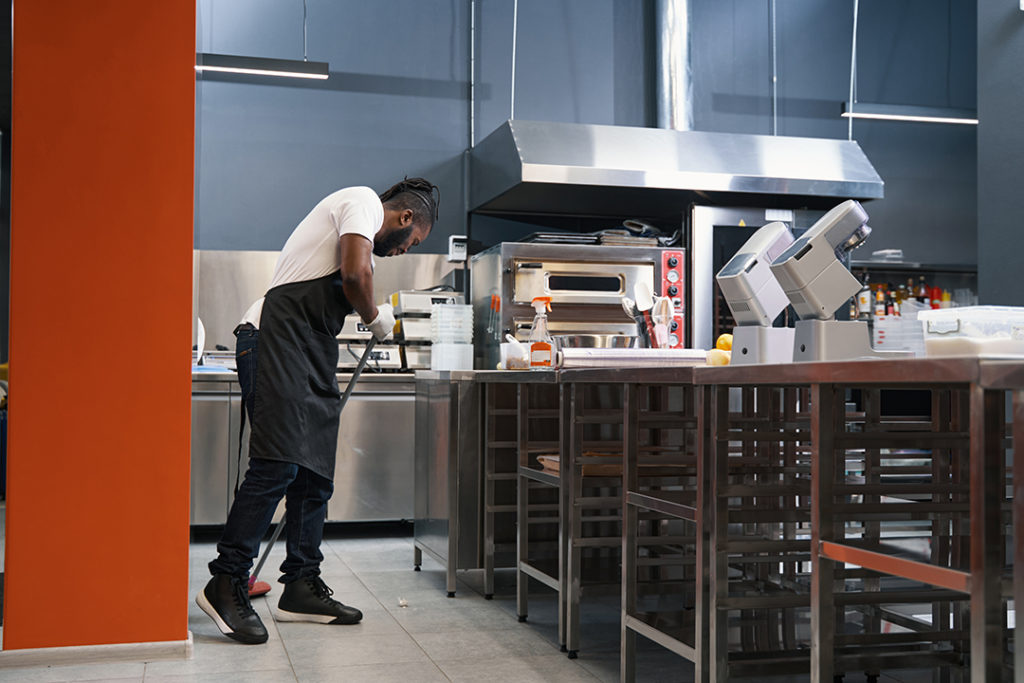
2. Cleaning Up Spills Promptly
- Clean up spills immediately to prevent slippery surfaces. If you notice a spill, attend to it promptly or alert the appropriate person to take care of it.
- Use warning signs or barriers to notify others of wet or slippery areas until they are properly cleaned and dried.
- Use appropriate cleaning materials and techniques to dry the surface thoroughly when cleaning spills. Avoid using excessive water or cleaning agents that can leave a residue and make the floor slippery.
Additional Preventive Tips
- Regularly inspect flooring surfaces for any signs of damage, loose tiles, or uneven areas that can increase the risk of tripping or falling. Repair or replace damaged flooring promptly.
- Ensure that staircases have handrails installed and that they are sturdy and well-maintained.
- Encourage a culture of reporting hazards or potential slip and fall risks within your home, workplace, or public spaces to ensure timely action can be taken.
Preventing slip and fall accidents requires ongoing vigilance and a proactive approach. Fostering a safety-conscious environment, offering adequate employee training, and raising awareness among individuals, significantly lower the risk of these accidents.
Should I Consult With An Attorney Following A Slip And Fall Incident?
While it is possible to handle a slip-and-fall claim on your own, there are situations where hiring a lawyer can be highly beneficial.
Here are a few factors to consider:
Severity Of Injuries
If you’ve sustained serious injuries that require extensive medical treatment or have resulted in long-term effects, it may be wise to consult with a personal injury lawyer. They can help you assess the value of your claim and negotiate with insurance companies to ensure you receive adequate compensation.
Liability Disputes
Liability can be complex, especially when multiple parties are involved. An experienced attorney can gather evidence, interview witnesses, and build a strong case on your behalf.
Insurance Company Challenges
Insurance companies may try to minimize or deny your claim, especially if they believe you contributed to the accident. A lawyer can handle communication with the insurance company, navigate their tactics, and protect your rights. They can also negotiate a fair settlement or file a lawsuit if necessary.
Legal Complexities
Slip and fall cases involve legal complexities, including statutes of limitations, comparative negligence laws, and premises liability laws. Understanding these legal aspects and how they apply to your situation can be challenging. A lawyer with experience in personal injury law can guide you through the process and ensure you meet all legal requirements.
Maximizing Compensation
A slip-and-fall lawyer can help you identify all possible forms of compensation you may be entitled to. This can include medical expenses, lost wages, pain and suffering, emotional distress, and more. They can assess the value of your damages accurately and work towards obtaining the maximum compensation possible.
It’s important to consult with a Slip and Fall Accidents lawyer who can evaluate your case based on its unique circumstances. They can provide personalized advice and help you make an informed decision about whether to pursue legal representation.
Frequently Asked Questions
Premises liability refers to the legal responsibility of property owners to maintain a safe environment for those who enter their premises. They must address hazardous conditions and ensure proper warnings are in place. Property owners can be held liable for injuries or damages resulting from their negligence. Premises liability cases cover incidents like slips and falls, inadequate security, dog bites, etc. Consulting a personal injury attorney familiar with premises liability is recommended to understand your jurisdiction’s specific laws and requirements.
Yes, seeking compensation for mental anguish resulting from a slip and fall accident is possible, but it can be challenging to prove. Mental anguish refers to the emotional distress, psychological trauma, anxiety, or other psychological injuries you may have experienced due to the accident and its aftermath.
To pursue compensation for mental anguish, it’s important to provide evidence that supports your claim, such as medical records documenting any psychological treatment you received, testimony from mental health professionals, or statements from witnesses who observed the impact on your mental well-being.
If a slip and fall accident happens on a rental property, the liability for the accident can depend on various factors. Generally, the responsibility for maintaining safe premises falls on the property owner. However, if the property is a rental, the tenant may also have some responsibility for specific areas or aspects of the property as outlined in the lease agreement.
When you sustain a slip and fall injury due to someone else’s negligence, you may be entitled to compensation for various damages, including the loss of income or earning capacity caused by your inability to work.
To sue for loss of income, you must demonstrate that the slip and fall accident was caused by the negligence of another party, such as the property owner or manager. You must also provide evidence that your injury directly resulted in your inability to work and led to a financial loss.
It’s advisable to consult with a personal injury attorney who can assess the specific details of your case, evaluate the potential for a successful claim, and guide you through the legal process to seek appropriate compensation for your loss of income.
Reporting a slip and fall incident as soon as possible in Georgia is generally advisable. While there is no specific deadline for reporting a slip and fall, it is important to promptly notify the property owner, manager, or responsible party to ensure the incident is documented and appropriate steps can be taken to investigate the situation and address any hazardous conditions.
Reporting the slip and fall incident immediately helps establish a record of the incident and can be beneficial if you decide to pursue a personal injury claim later on. It allows the property owner or manager to take immediate action to address the issue and potentially prevent similar accidents in the future.
Talk To Our Competent Slip and Fall Accident Attorney Now!
Slip and fall incidents carry significant risks, often resulting in fractures or other bodily harm. If you have sustained injuries in a slip and fall accident, it is crucial to seek the assistance of a knowledgeable legal professional.
At Cobb Personal Injury, our accomplished slip-and-fall accident lawyers in Georgia possess extensive expertise in handling such personal injury claims. We are well-versed in conducting thorough investigations and constructing robust cases to support your injury claim effectively.
